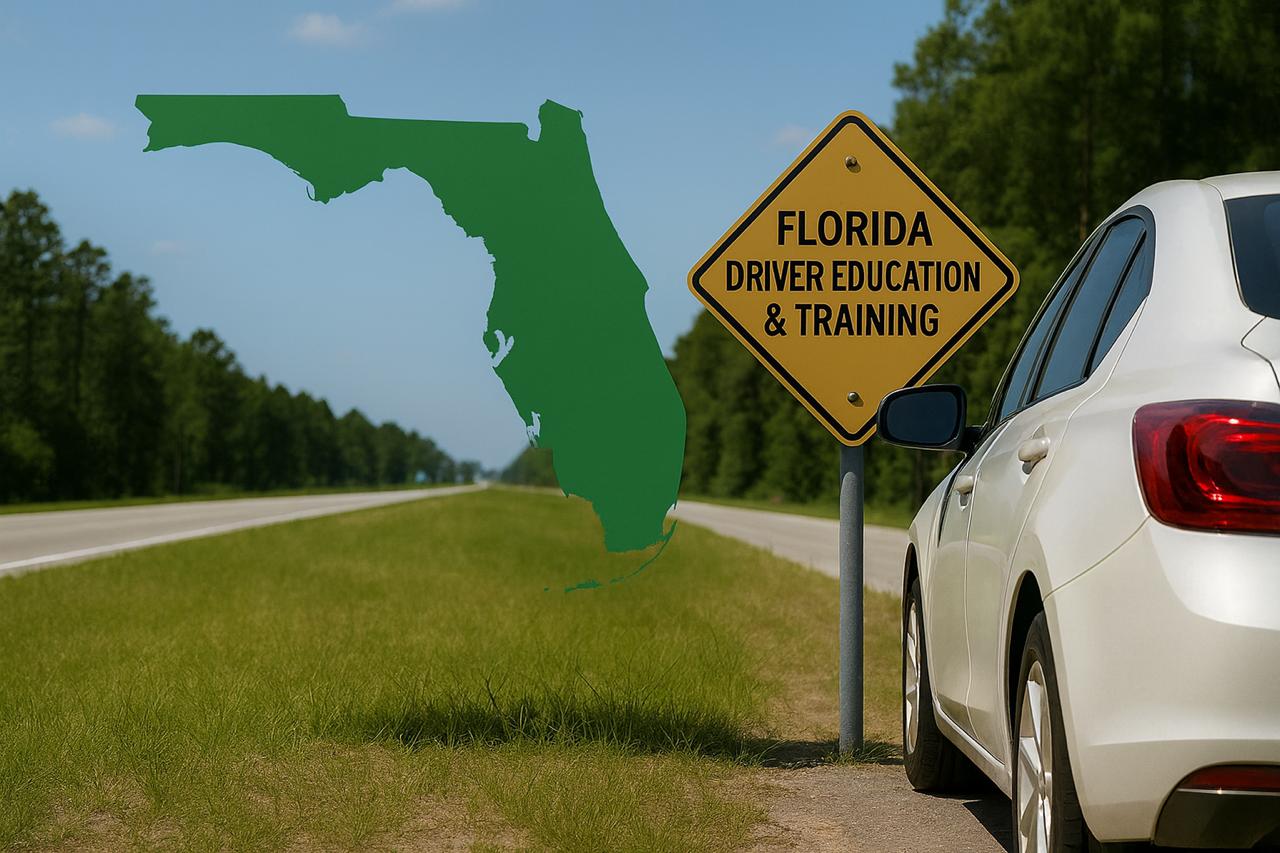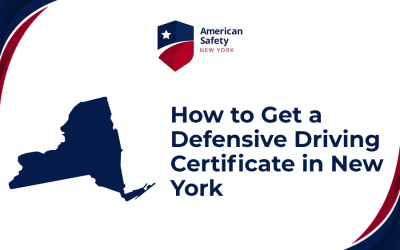What is the Difference Between DETS and TLSAE in Florida?
If you’re a first-time driver in Florida or the parent of a teen getting ready for a learner’s license, you’ve probably come across two different terms: DETS and TLSAE. The rules changed recently, and it has caused a lot of confusion about which course is required. This guide breaks it down clearly so you know exactly what you or your teen need to take.
What is TLSAE?
TLSAE stands for Traffic Law and Substance Abuse Education. For years, TLSAE was the course that every first-time driver in Florida had to complete before applying for a learner’s permit or driver’s license. It is a 4-hour course that covers Florida traffic laws, the dangers of driving under the influence of alcohol or drugs, and basic safe driving practices.
TLSAE is still available and is required for many first-time drivers who are 18 or older. If you’re applying for your very first license as an adult, TLSAE is usually the right choice. Learn more or register here.
What is DETS?
DETS stands for Driver Education Traffic Safety. Beginning July 1, 2025, the state of Florida made DETS mandatory for all first-time drivers under 18 years old. This change was made to give young drivers a more thorough introduction to driving and safety.
Unlike TLSAE, DETS is a 6-hour course and is modeled after the Florida Department of Education’s high school driver education curriculum. The DETS course includes everything TLSAE covers, plus more in-depth modules on defensive driving techniques, hazard awareness, emergency response, vehicle maintenance, safe operation, and teen-specific risk factors. Learn more or register here.
Why Did Florida Introduce DETS?
The state recognized that teen drivers face higher risks behind the wheel. Inexperience, distraction, and speeding are leading factors in crashes involving young drivers. By expanding the first-time driver course to 6 hours and including a final exam, Florida aims to better prepare teens before they get their learner’s license.
In short: DETS is longer, more detailed, and more focused on teen safety than the old TLSAE course.
Key Differences Between DETS and TLSAE
| Feature | TLSAE | DETS |
|---|---|---|
| Full Name | Traffic Law and Substance Abuse Education | Driver Education Traffic Safety |
| Who Takes It | First-time drivers 18+ (in most cases) | First-time drivers under 18 |
| Course Length | 4 hours | 6 hours |
| Focus | Traffic laws, substance abuse, safe driving basics | Traffic laws, substance abuse, defensive driving, hazards, vehicle safety, teen-specific risks |
| Final Exam | No final exam required | Yes, required final exam |
| Start Date | Long-standing requirement | Mandatory for minors starting July 1, 2025 |
Common Questions About DETS vs TLSAE
• Do I have to take DETS if I already finished TLSAE before July 2025?
Yes, if you are under 18. After July 1, 2025, TLSAE completions are no longer accepted for minors applying for a learner’s license.
• What if I’m 18 and just now applying for my first license?
You’ll usually take TLSAE, not DETS. DETS is required only for under-18 drivers.
• Is DETS harder than TLSAE?
It’s longer and has a final exam, but the material is designed to be clear and engaging. Most students find it manageable, especially with chapter quizzes and practice questions included.
• Can I take DETS or TLSAE online?
Yes. Both courses are available online through approved providers. You can take them on your phone, tablet, or computer.
Which Course Should You Take?
If you’re under 18 and applying for your learner’s license, you must take DETS.
If you’re 18 or older and applying for your first license, you’ll most likely take TLSAE.
Knowing the difference saves you time and prevents surprises at the DMV.
Final Thoughts
The shift from TLSAE to DETS for Florida teens reflects a stronger focus on safety and preparation. While TLSAE still applies to adults, DETS is now the standard for minors.
If you’re a parent, think of DETS as more than just a requirement. It’s an opportunity to make sure your teen has the knowledge, confidence, and awareness needed to stay safe on Florida’s roads.
And if you’re a teen reading this, completing DETS is your first big step toward independence behind the wheel.





